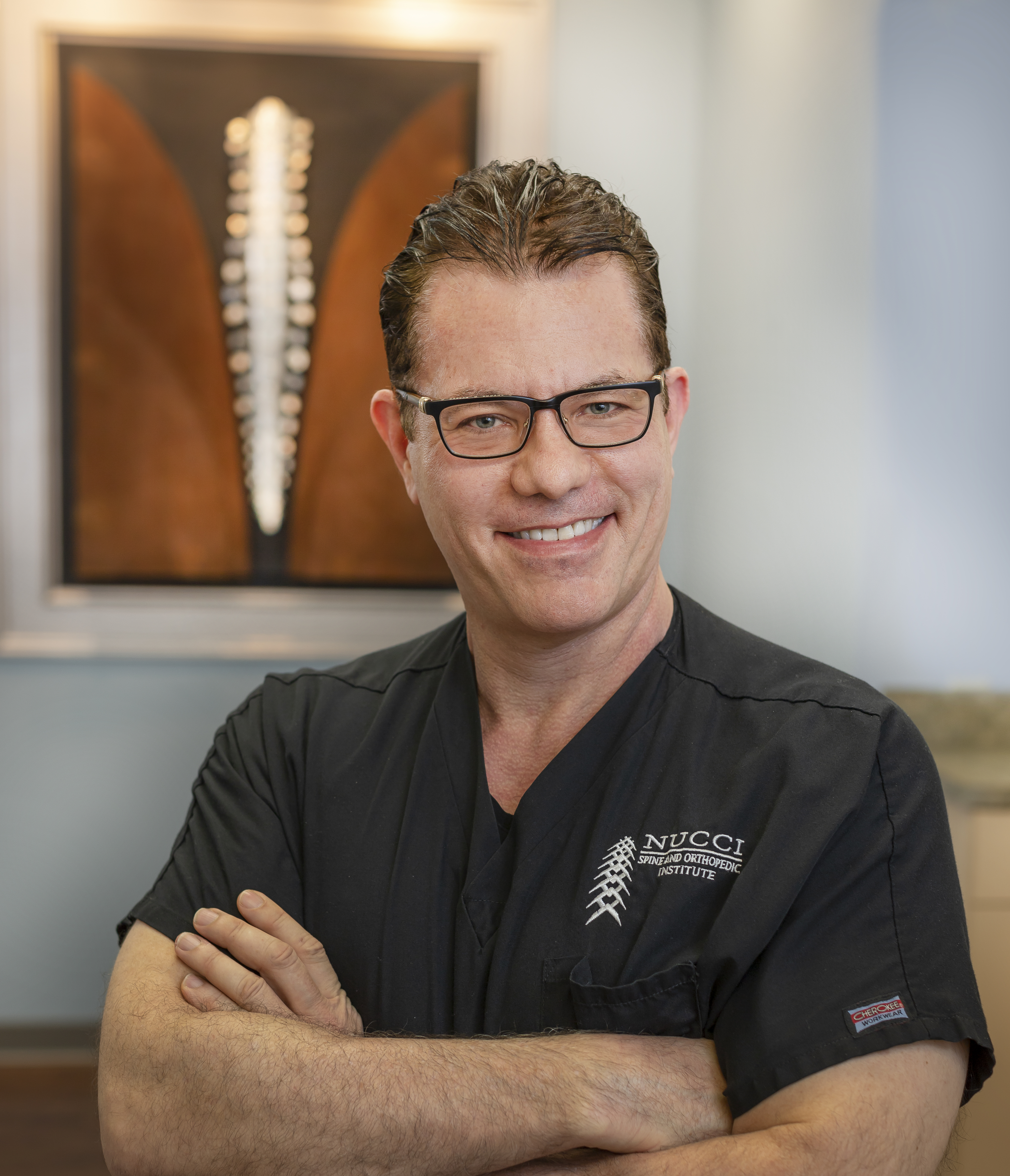How to Choose A Great Spine Surgeon
Do You Need a Spine Surgeon At All?

Most injuries to the neck and back get better without surgery. 80% of people will have low back pain in their life that resolves on its own with minimal intervention. In these instances, seeing a spine surgeon is not needed.
After a major trauma, such as a car accident or fall, seeing a medical doctor in the emergency room or clinic may be warranted. They can make a referral to a spine surgeon, if needed, after their evaluation. Similarly, persistent neck and back pain for weeks to months for any reason should be evaluated by a medical doctor and referred to a spine surgeon.
Bottom line is: Seeing a spine surgeon for neck and back pain first is not a mistake, but is likely more than is needed. Start with you primary care doctor and let him or her make the referral if they feel further evaluation is needed.
What Is the Difference Between an Orthopedic Spine Surgeon and a Neurosurgeon?
The short answer is probably not much in 2019. Historically, surgeons training for orthopedic surgery and neurosurgery would get some training in spine surgery, with orthopedic surgeons getting more experience with instrumentation for treating scoliosis.
As technology and medical knowledge and techniques improved over time, fellowship training in spine surgery became more common and is now the standard. Fellowship training in spine surgery is an additional year or more of training in the special techniques of spine surgery after completing the standard training in orthopedics or neurosurgery. Both orthopedic surgeons and neurosurgeons who undergo this Fellowship Training are particularly qualified to treat spine related problems. When looking for a spine surgeon, look for one that is fellowship trained in spine surgery and is either board-certified in Orthopedic Surgery or Neurosurgery. Board Certification is also an added assurance that your surgeon has been evaluated by an independent certification society and that he or she is of the highly competent.
Are There Special Qualities I Should Look for in a Spine Surgeon?
What conditions does the surgeon specialize in treating? If you have scoliosis, then you should make sure that your surgeon has extensive experience treating scoliosis. If you have a neck problem, similarly you should check to see if the surgeon operated on the neck routinely. Usually you can get an idea by checking the website of the surgeon and his resume, if it is available. If the surgeon has written papers on your condition, chances are good that he or she is an expert on your condition.
Is the surgeon well-trained in minimally invasive techniques? Not all surgeons are familiar with all techniques. Not all of the newer, minimally invasive techniques are appropriate for all conditions. But your surgeon should be familiar with both larger open procedures and smaller minimally invasive procedures so he can discuss what he thinks is the best one for you and why.
I tell patients that a surgeon should perform the smallest technique that will likely solve the problem. You do not want to do a larger procedure when a smaller one would work, but certainly you do not want to do a small procedure when a larger one is needed to solve the problem. This is the discussion you need to have with your surgeon.
What Else Should I Ask?
What are the most common complications and what are some less common ones? You should always ask about complications. All surgical procedures have risk and complications. Surgeons do their best to minimize complications. Any surgeon who says the procedure has no complications is not giving the whole story. And any surgeon who says he has never seen a complication is either not being totally truthful of simply has not operated enough.
Does the surgeon use special monitoring techniques for nerves during surgery to make sure they are not injured?
Is the staff assisting the surgeon highly qualified and experienced?
What is the cause of your pain? You should also ask about the cause of your problem and your pain.
The surgeon should be able to give a clear explanation of what your problem is using language you can understand. The surgeon may refer you to additional literature and patient oriented videos to help explain your problems
What are the alternative treatments? You should also ask about alternative treatments. However, if you are seeing a surgeon after a referral from a medical doctor, you likely have exhausted non-surgical treatment. If the surgeon thinks there are other treatments to try before surgery, he or she is likely to suggest them. That is just good medicine. But you should ask anyway.
How Important is Doctor-Patient Relationship?
This is often overlooked but is critically important. Your surgeon is not just a highly qualified technician. Your relationship with your surgeon is a matter of trust and you have to feel comfortable with his or her beside manner. It is important for you feel comfortable asking the right questions before and after surgery and to trust the surgeon’s advice during your post-operative recovery. Not every doctor fits every patient. Make sure you are comfortable with the surgeon you pick. This is only something you can know.
When Should I Consider Getting a Second Opinion?

Second opinions can be helpful but unfortunately also confusing. Different surgeons have different techniques that work better in their hands. Two surgeons may suggest different procedures to fix the same problem and have good reasons for doing so. Medical conferences are all about discussing different way to treat the same problem with different surgeons having good reasons for their approach.
It can be very hard for a patient to make a determination on what procedure is best. Patients tend to like to pick the less invasive procedure, but that is not always the right answer as explained above. A lot of a second opinion has more to do with the doctor-patient relationship and how the surgeon explains what he or she intends to do and why.
Any surgeon you ask to refer you for a second opinion should be happy to do so. The surgeon will likely suggest some local surgeons with whom he or she is familiar. But be aware, if you are trying to evaluate what is the best surgery for you on the basis of the type of procedure alone, you may have trouble. Pick a qualified spine surgeon as suggested above and concentrate on the doctor patient relationship and get all your questions answered. Then make your decision.
